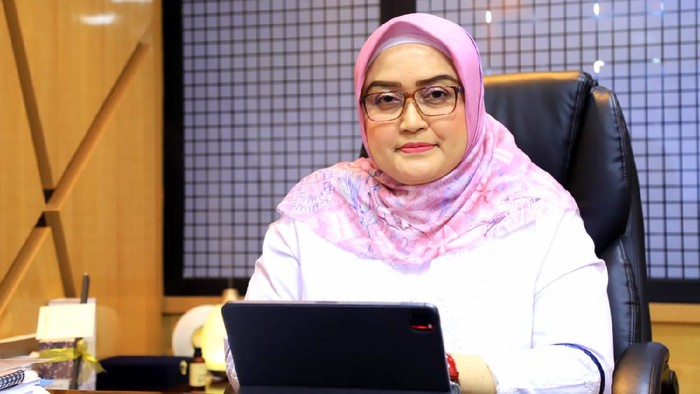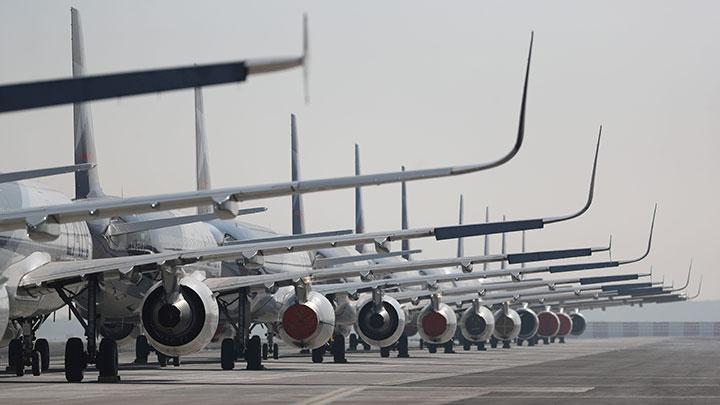

alpine8848.com, Jakarta – Get ready to hear some good news for Indonesian workers! The distribution of the much-anticipated THR (13th-month allowance) this year has seen a significant improvement, thanks to the efforts of the Ministry of Manpower. Let’s dive deeper into how this positive change is impacting workers and their families across Indonesia in 2024.
History of THR distribution in Indonesia
In Indonesia, the tradition of giving a 13th-month allowance, known as Tunjangan Hari Raya (THR), dates back to the early days of the country’s labor movement. This additional payment aimed to help workers celebrate religious holidays and festivities with their families. Over time, THR became mandatory for employers in various industries.
However, despite being a legal requirement, there have been historical challenges in ensuring timely and fair distribution of the THR. Many workers reported delays or even non-payment of this crucial benefit, leading to protests and disputes between employees and employers. The history of THR distribution reflects a struggle for worker rights and fair compensation practices in Indonesia. As labor laws evolve and enforcement mechanisms strengthen, there is hope for improved transparency and accountability in ensuring that all workers receive their rightful allowances promptly.
Reasons for improvement in distribution
This year, the distribution of the 13th month allowance or THR in Indonesia has shown significant improvement. One of the key reasons behind this positive change is the increased awareness and enforcement from both employers and the government. Companies are now more vigilant in ensuring timely payment to their employees, understanding the importance of THR in supporting workers’ financial well-being. Moreover, advancements in digital payment systems have streamlined the distribution process, making it easier for companies to disburse funds efficiently. This technological shift has reduced delays and errors commonly associated with manual distribution methods, benefiting both employers and employees alike.
Additionally, heightened scrutiny from labor unions and authorities has put pressure on businesses to comply with regulations regarding THR payments. The fear of facing penalties for non-compliance has incentivized companies to prioritize timely and accurate disbursement of allowances. These combined efforts have contributed to a smoother and more efficient distribution process this year, bringing relief to many workers across Indonesia.
Impact on workers and their families
The improved distribution of THR this year has had a significant impact on workers and their families in Indonesia. For many employees, receiving their 13th-month allowance on time means being able to fulfill essential needs for themselves and their loved ones. It brings a sense of relief and stability, especially during times of economic uncertainty.
The timely distribution of the THR also contributes to boosting morale among workers. When employees feel valued and appreciated by their employers through this additional compensation, it can enhance job satisfaction and productivity. This positivity often extends beyond the workplace into their personal lives, creating a ripple effect that benefits both individuals and communities.
For families relying on these extra funds, the improved distribution ensures smoother financial planning and budgeting. It may enable them to cover expenses such as education costs, healthcare needs, or even save up for future investments. The impact goes beyond monetary value; it fosters a sense of security and well-being among workers across various industries in Indonesia.
Challenges still faced in distributing THR
Despite the improvements in THR distribution this year, challenges still persist in ensuring that all eligible employees receive their 13th-month allowance on time. One major obstacle is the complexity of identifying and verifying eligible recipients, especially in large companies with a high turnover rate. This can lead to delays and errors in processing payments. Another challenge is related to budget constraints faced by some employers, particularly small businesses or those operating in sectors heavily impacted by economic fluctuations. Limited financial resources may hinder timely disbursement of THR to employees who rely on this additional income for various essential expenses.
Moreover, logistical issues such as inefficient payment systems or outdated processes can further impede smooth distribution. In some cases, manual paperwork and administrative bottlenecks slow down the entire process, causing frustration among employees eagerly awaiting their bonuses. Addressing these challenges requires close collaboration between employers, government agencies, and labor unions to streamline procedures, enhance transparency, and ensure fairness in THR distribution across industries nationwide. By overcoming these obstacles collectively, we can strive towards a more efficient and equitable system for disbursing employee benefits like the THR.
Steps taken by Ministry of Manpower to improve distribution
The Ministry of Manpower has been proactive in implementing measures to enhance the distribution of THR this year. One key step taken is increasing oversight and monitoring of companies to ensure compliance with payment regulations. By conducting regular checks and audits, they can identify any discrepancies early on. Additionally, the ministry has been providing guidance and support to companies on how to calculate and disburse the 13th-month allowance accurately. This helps prevent errors or delays in payments, benefiting employees across various industries.
Moreover, introducing digital platforms for THR distribution has streamlined the process and made it more efficient. This shift towards digitalization not only improves transparency but also reduces the likelihood of potential issues arising during distribution. These steps by the Ministry of Manpower demonstrate a commitment to improving the welfare of workers in Indonesia through better THR distribution practices.
Conclusion
The improved distribution of THR this year by the Ministry of Manpower in Indonesia is a positive step towards ensuring that workers receive their 13th-month allowance on time. While challenges still exist in the distribution process, efforts made by the government show promising results for better support to workers and their families. By continuing to streamline processes and enhance transparency, it is hoped that future distributions will be even more efficient and beneficial for all parties involved. The impact of these improvements extends beyond just financial benefits, contributing to greater stability and well-being for workers across the country.







